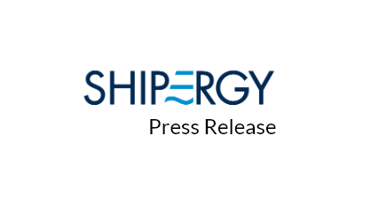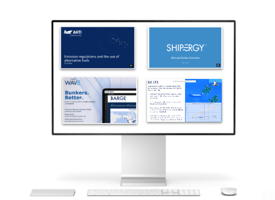PRESS RELEASE / FOR IMMEDIATE RELEASE Shipergy Ltd Announces Webinar "eMission: Impossible - CII...
The link strengthens between CII and Vessel Valuations.
The Carbon Intensity Index (CII) affects vessel valuations by influencing the market demand for ships with different CII ratings. Vessels with better CII ratings, which indicate higher energy efficiency and lower carbon emissions, are likely to be more valuable and in higher demand, whereas those with lower ratings may suffer a drop in value due to reduced demand [ https://lnkd.in/ePR349pc ]
For instance, in the tanker market, ships with a CII rating in band A, representing the most efficient vessels, can potentially generate an average value premium of 9%. On the other hand, ships with a CII rating in band E, the least efficient category, may experience an average discount of 15% in their valuation [ https://lnkd.in/ePR349pc ]
The CII has effectively allowed the market to naturally push for more efficient ships, as a study using 2019 EU-MRV data shows that a significant percentage of containerships, bulk carriers, and tankers would need to dramatically change their operations in order to meet the CII thresholds by 2030 [https://lnkd.in/dMTfPDQz ]. This suggests that the CII will have a considerable impact on vessel valuations as the market shifts towards more energy-efficient and environmentally friendly ships.
💻 On Monday 27th March Shipergy is hosting a webinar focused on the link between the use of alternative fuels and CII. 💻
🔗 Register for free here: https://lnkd.in/eUfeR-F8 🔗



